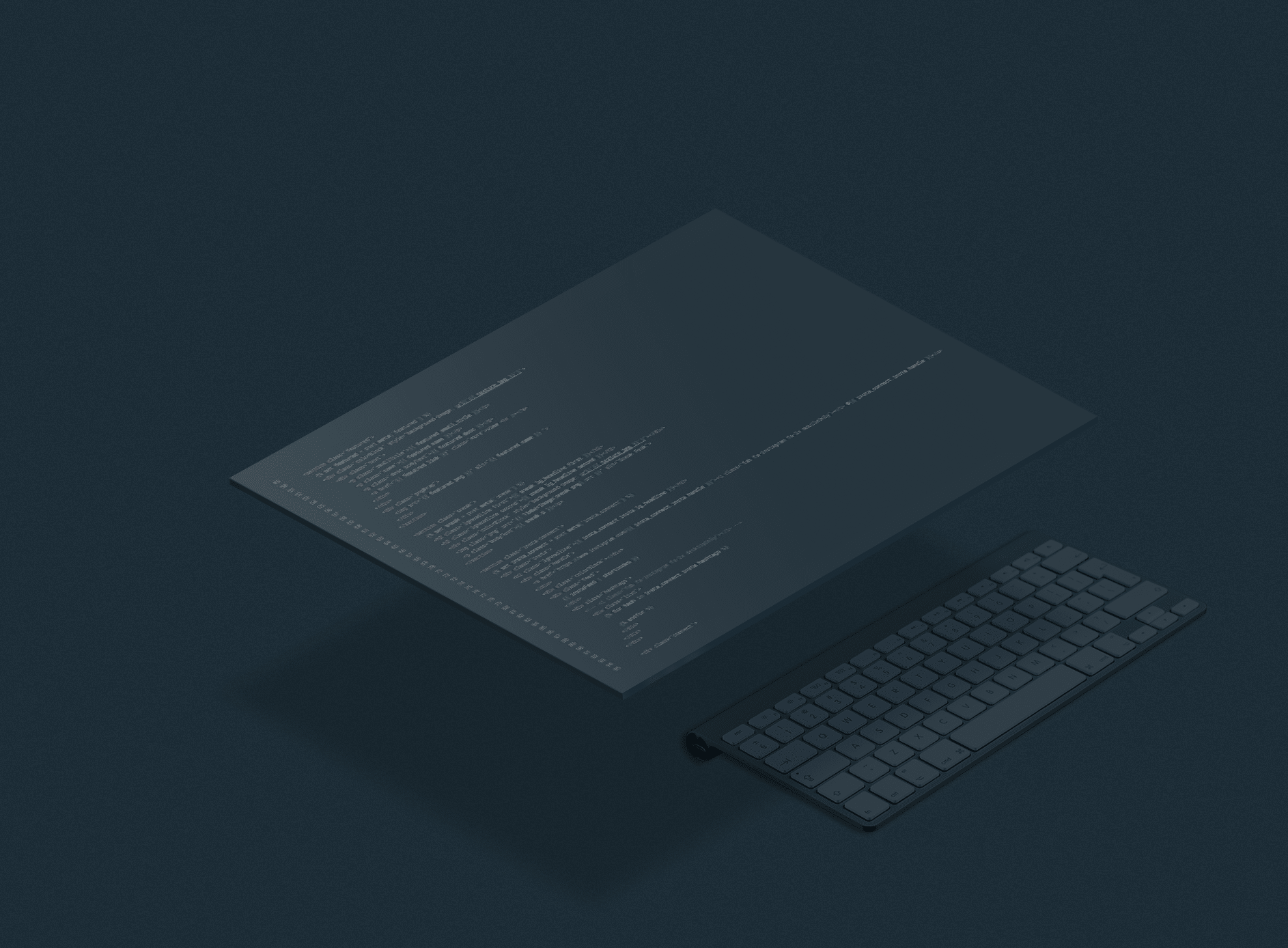While researching and writing digital marketing blogs, I find it necessary to work in complete silence. For me, it is difficult to focus on writing while music plays. Almost every other aspect of my job, however, requires a great playlist (if I don’t have my headphones, it’s a sad day).
I’ve always wondered why this is. Is there a reason why some tasks seem easier to complete with musical accompaniment, while others feel impossible? Is music just an excellent mood enhancer, or is it actually helping me focus and increasing my productivity level?
The Science Behind Music and Work
There are no definitive answers to my questions. While there are plenty of studies on music and work, the outcomes are mixed. A recent study proposes that this is because the effect of music on workplace productivity depends on the type of work, the type of music, and the worker’s personality.
Testing Music’s Effect
Picture this: To test the hypothesis above, researchers enlist 142 undergraduate students to complete a simple task and a complex task. The simple task asks participants to examine a list of words and eliminate those containing the letter “a.” The complex task instructs students to study word pairs and recall them during a “test.”
Subjects complete these tasks either while listening to instrumental tracks or in complete silence. For some, the music is “simple,” and for others it’s “complex” (both the simple and complex tracks include piano, strings, and synth elements, but the complex track includes additional drum and bass layers).
However, the testing doesn’t stop there. Researchers evaluate the cooperators’ personalities prior to their completion of the tasks. The evaluation–a 28-item questionnaire–gauges how much the students desire external stimulation. This particular evaluation gathers replies to remarks like “In situations where I have to wait I get very restless” and “I am seldom excited about my work.”
Music & Work: The Results
Interestingly, the results from the study above are counterintuitive. Researchers found that the participants who preferred external stimulation (i.e. those who wanted to listen to music while completing the tasks) actually performed better on both the simple and complex tasks when no tracks played. In other words, those who crave external stimulation, as one might have guessed, may have a difficult time focusing when their attention is split.
On the other hand, students who preferred less external stimulation (i.e. those who bored less easily) performed better on both tasks when music was playing. If you are someone who is not easily bored, music may help you focus on simple tasks–or even more complex tasks.
Results aside, as the study authors put it, “While distractions may facilitate simple task performance to a degree, there is also a point at which distractions will overload task performers even during simple tasks.”
Based on the above research, should you avoid popping in your AirPods at work? Not necessarily. The inclusion of the personality evaluation in the study above seems to speak volumes–whether or not music helps or hinders your productivity depends on who you are. In addition, much of this is dependent on the complexity of the music or the complexity of the task.
Music and Work–It’s Not All Bad
Music and Memory
It’s a scientific fact: music stimulates the hippocampus region of the brain. This is the same part of your brain that controls recall and memory. It’s no coincidence that putting the information that you’re studying into a song makes the information easier to remember.
Music Makes You Happy
Additionally, when we satisfy natural desires (such as eating or sleeping), our brains release a “feel-good” neurochemical–dopamine–when we experience a natural reward or pleasure. A study in 2011 revealed that dopamine is also released when listening to music. Conclusion: music makes people happy.
If The Beatles and John Mayer help you concentrate, you’re lucky. If you don’t bore easily, you’re really lucky. However, if you find your favorite playlist distracting, know that you’re not alone. Try listening to less “complex” tunes (i.e. instrumental) or simply testing out how music seems to effect “simple” tasks versus “complex” tasks throughout your day.
-Written by Lily Tillman
